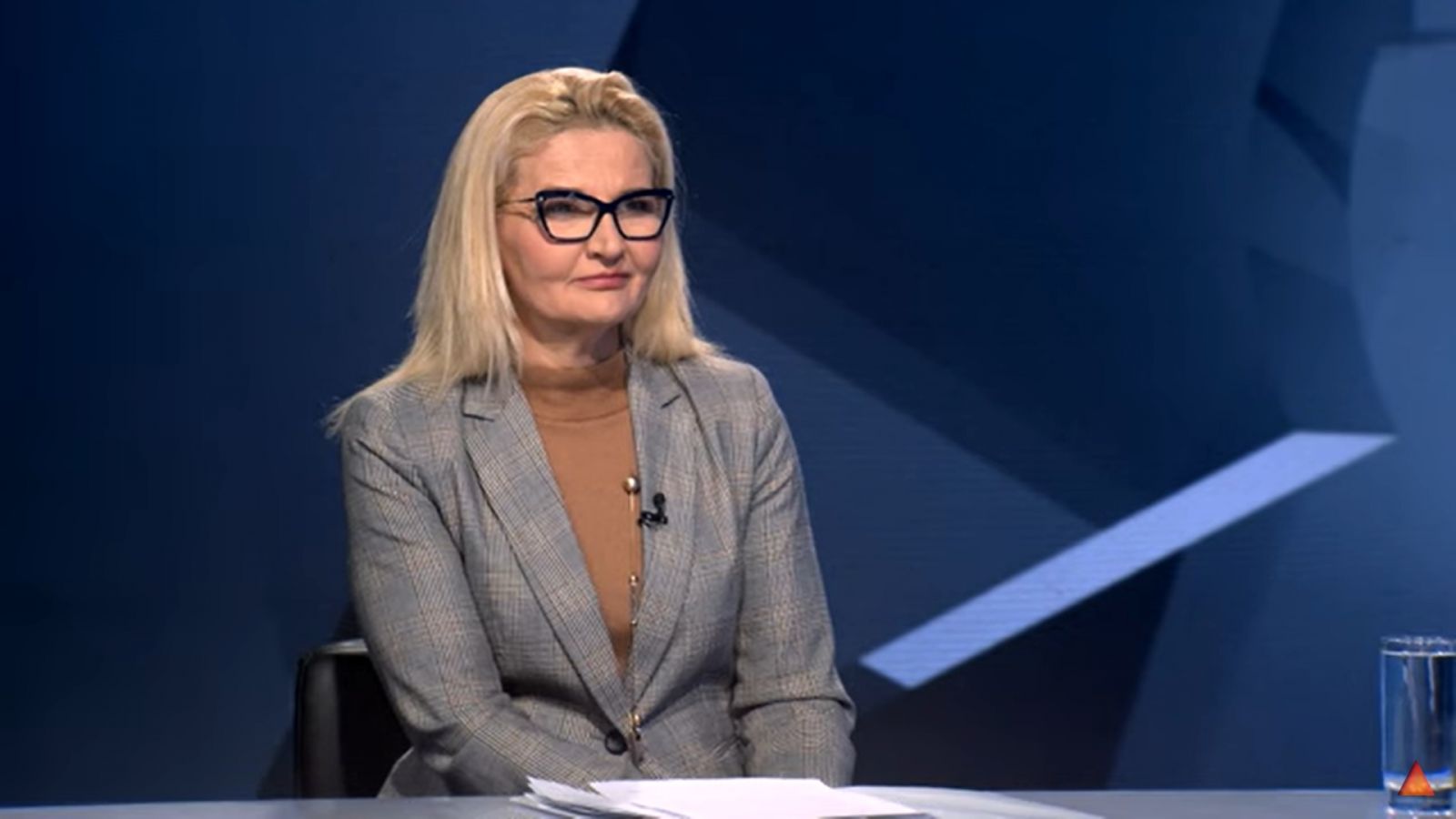
Not opening chapters means that you are not making progress in the negotiation process itself, but that is not an assessment of progress in EU integration, said Minister of European Integration Tanja Miščević in the “Insider Interview” and assessed that neither Serbia nor the EU has lost patience with each other. Addressing the Franco-German proposal as a new framework for negotiations between Belgrade and Priština, she says that she had not seen it, but that the most important thing is that Serbia is ready to talk and compromise.
“The document is restricted, it is available only to those who participate in the negotiations themselves, and I cannot evaluate what appeared in public – whether it is valid or not. Those members of the Government who participate in the dialogue know, but not me, I do not know. We have an idea based on what the president was explaining to us as elements for more than an hour and a half at the Government meeting”, Miščević said.
Also, as she points out, the formation of the Community of Serb Municipalities takes place before the actual discussions on this document.
“Everything that is leading Serbia towards progress and reforms, if stopped at this moment, would not only mean stopping at the moment, but going back, and that is not what suits me as a citizen. According to the last agreement that we signed and ratified in the National Assembly two months ago, the EU will give Serbia 1.4 billion in the next seven years, so add it to almost five billion in the earlier period – these are only grants. Multiply that with loans, with aid received through European investment institutions, and you will get how much the EU has been there to help the development of Serbia”, says the Minister.
She also adds that the segment that cannot be measured is the influence on the rule of law, independence of the judiciary, media strategy...
“There is no threat to our visa-free regime”
Commenting on the allegations that Serbia’s visa-free regime is under threat, Miščević states that the rules of visa liberalisation were established more than a decade ago.
“Do not forget that when we got visa liberalisation in 2009, it was very clearly indicated that if a violation occurs in relation to the use of the visa-free regime or if Serbia’s mistake in one of those elements is noted, then a mechanism can be started that would actually reverse the process and introduce visas to Serbia or any other country in the region”, she says.
She emphasises that the Serbian visa-free regime has never been threatened by the fact that not enough work has been done or that citizens use this opportunity illegally to a large extent, but because of something that has been identified as a big problem in the last year and a half, namely the “migratory wave”.
“The latest data show that 43 per cent of Serbian citizens are in favour of EU membership”
Addressing the drop in Serbian citizens’ support for EU membership, which is shown by IPSOS’s research, Miščević says that the Ministry has no information about such a drop.
“We have just completed the latest public opinion poll, which was conducted in the second half of December, and the percentage of those who answered in favour of Serbia’s membership on the referendum question is 43 per cent. “We have never had huge support for the integration process, in the best periods it is around 60 or 62 per cent, and there has never been more than 30 per cent of those who are against it,” she states.
Commenting on the right-wing parties, she states that this is the composition of the parliament and that it shows that there is also one per cent of citizens who vote for those options.
“Democratic societies must withstand extreme right-wing parties, as this is nothing new, even in Europe,” the Minister believes.
The annual report of European envoy Vladimir Bilčik should be before the members of the European Parliament on 9 February, and its draft states that the rule of law, the normalisation of relations with Kosovo and Metohija and compliance with the EU’s common foreign policy determine the dynamics of further negotiations on Serbia’s EU membership.
“We read the criticism very nicely and with pleasure because these are recommendations for the direction of further development”, said the Minister.
In response to the question of why Serbia is late in implementing the media reform, Miščević says that it takes time because sometimes strategies are full of enthusiasm, but there is more enthusiasm than there are things you actually have to do.
As she adds, the only segment of Serbia’s backsliding in last year’s report is due to the non-introduction of sanctions against Russia.
“The assessment that the key segments of Serbia’s foreign policy are not in line with the EU’s foreign policy segments does not hold true. The EU’s foreign policy does not entail only restrictive measures, but also the security policy, harmonisation with positions in other international organisations...”, says Miščević.
Source: Insajder





